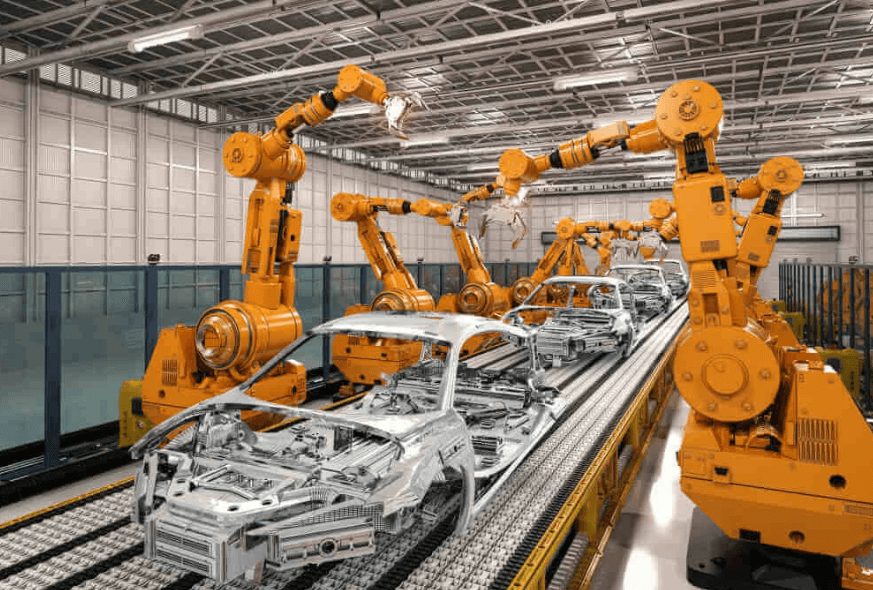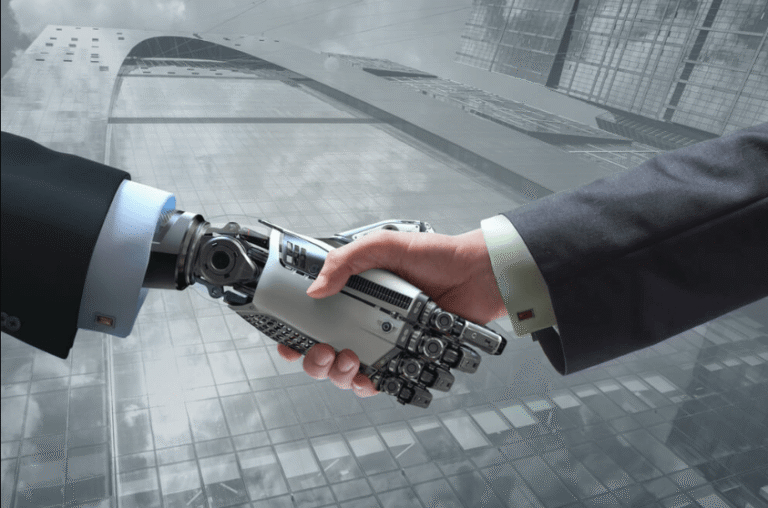Robotics is increasingly integral to modern manufacturing processes. Automation enhances precision and improves quality control, while also driving down operational costs. The integration of artificial intelligence allows for dynamic adjustments, yielding higher productivity. As these technologies evolve, the workforce must adapt through continuous training. This shift not only impacts productivity but also redefines the competitive landscape of the manufacturing industry. What remains to be seen is how these changes will influence future operational strategies.
The Rise of Automation in Manufacturing
As industries evolve, the rise of automation in manufacturing has become a pivotal factor driving efficiency and productivity.
This technological shift has led to significant worker displacement while simultaneously fostering job creation in new sectors.
The balance between these outcomes necessitates careful consideration, as the landscape of employment transforms, compelling workers to adapt and acquire new skills to thrive in an increasingly automated environment.
See also: travellingapplescom
Enhancing Precision and Quality Control
The integration of robotics in manufacturing significantly enhances precision and quality control in production processes.
Through advanced robotic calibration techniques, manufacturers achieve unparalleled accuracy, reducing defects and ensuring consistent output. This automation facilitates rigorous quality assurance protocols, enabling real-time monitoring and adjustments.
Consequently, production lines become more reliable, fostering an environment where high standards of craftsmanship and consumer satisfaction are consistently met.
Cost Reduction and Efficiency Gains
Cost efficiency emerges as a critical advantage of robotics in manufacturing, driving significant reductions in operational expenses.
The integration of robotic systems leads to substantial labor savings, as machines operate continuously with minimal oversight.
Moreover, productivity improvement is realized through enhanced throughput and reduced cycle times, allowing manufacturers to optimize resource allocation and increase output without compromising quality or incurring excessive costs.
The Role of Artificial Intelligence in Robotics
Advancements in robotics have been significantly enhanced by the incorporation of artificial intelligence (AI), which facilitates the development of intelligent systems capable of complex decision-making.
Machine learning applications enable robots to adapt and optimize their operations, improving efficiency and accuracy.
Furthermore, autonomous systems leverage AI to perform tasks independently, transforming manufacturing processes and empowering greater flexibility and innovation within the industry.
Conclusion
In conclusion, the integration of robotics into manufacturing heralds a new era characterized by enhanced efficiency and quality. As the industry embraces automation, companies can reap significant cost savings while achieving greater precision in production processes. With artificial intelligence driving adaptability, the potential for innovation is immense. As the manufacturing landscape transforms, stakeholders must recognize that embracing these technological advancements is not just a trend, but a way to stay ahead of the curve in a competitive market.



